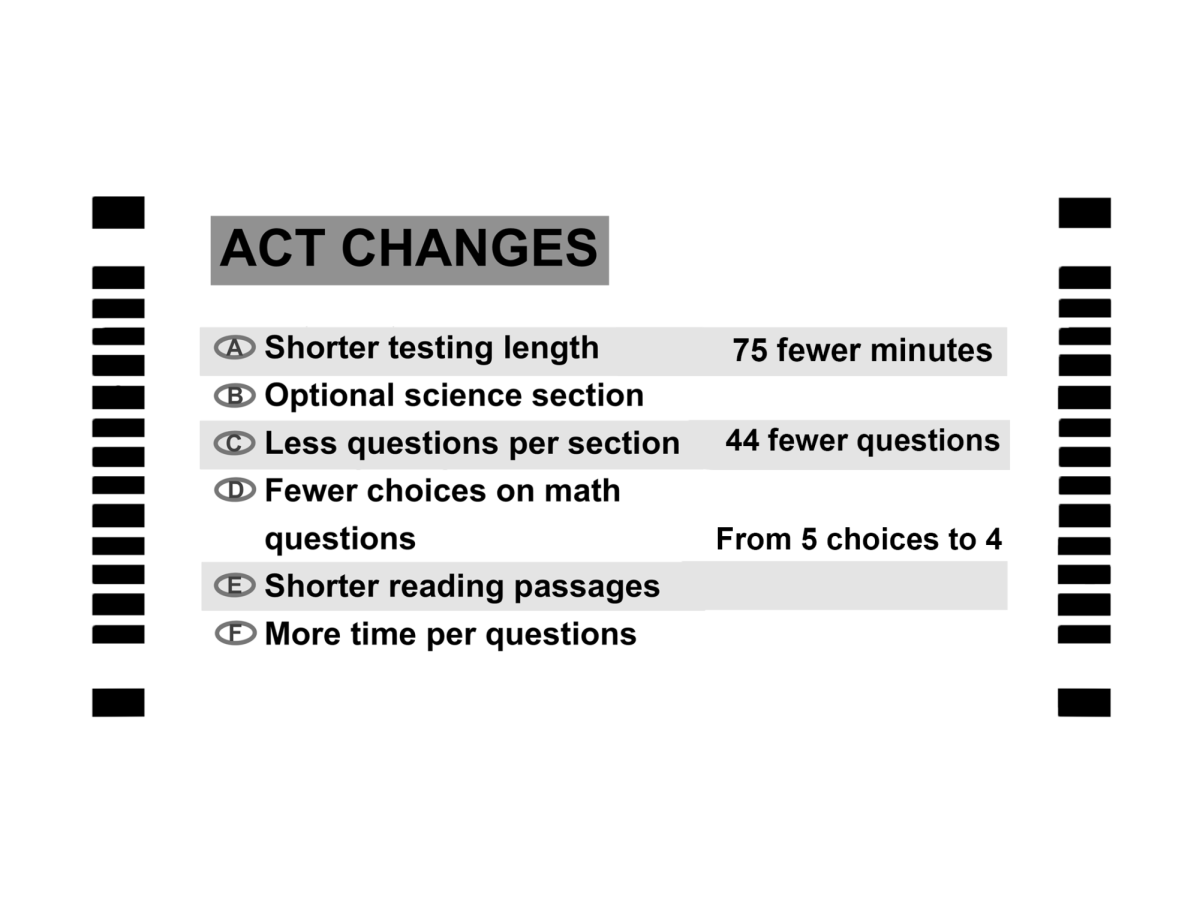Chances are, if you’re a high schooler in Georgia or have older siblings, you’ve heard of the HOPE and Zell Miller scholarships. If you have siblings like I do, I’m sure your parents hope you will receive one of these to help lift some of the financial burden that comes with college. But these scholarships come with a price — your parents’ income. Too often, low-income students who are able to get into college do not receive a majority of these scholarships.
The HOPE and Zell Miller scholarships are historically merit-based, available for students who have met the University System of Georgia and GSFC residency requirements and are enrolled in an undergraduate degree-seeking program. Some recent studies seem to contradict this, saying the scholarships may cater to students who come from a higher income family.
The constant rise of tuition, combined with the shrinking access to Georgia’s financial aid programs, make higher education seem out of reach for too many students, especially those who come from low-income families.
A data analysis conducted by the Georgia Budget & Policy Institute shows that less than half of the students seeking two or four years of college education actually benefit from the HOPE or Zell Miller scholarships. It shows that only 30 percent of low-income students receive the scholarship, compared to 42 percent of upper-to-middle class students. Low-income students make up 43 percent of HOPE scholars and only 21 percent of Zell Miller scholars, but only make up 48 percent of undergraduate enrollment in colleges.
Meanwhile, white students make up 64 percent of HOPE Scholars and 78 percent of Zell Miller Scholars, while they account for only 54 percent of undergraduate enrollment. So, it seems unbalanced to say the least.
This gap in scholarships could be attributed to the already prevalent wage gap in big cities like Atlanta. The students who aren’t doing as well in school, and who aren’t receiving the scholarships, could be a part of lower income families. Therefore, they don’t have access to the quality education that prepares students for HOPE and Zell Miller. These students contribute to the statistic, and it doesn’t necessarily mean that Georgia’s university system is being objective based on your family’s income level. It may mean that your income level has not given you access to the quality of education needed to be granted those scholarships, and prepare you for college.
Growing up in a low-income household can mean your family doesn’t have the money to pay for higher education. That’s why Georgia needs a grant to help struggling families pay for college. This would help those who are struggling see they can afford to go to college, whether it be a technical school, or a four-year university. It would help freshman retention rates and help students graduate who are on the brink of dropping out because of financial struggles.
Georgia State University employed something similar to this in 2011, calling it the Panther Retention Grants. These grants go to students who are at risk of not graduating because they haven’t paid their tuition and fees. They are a major part of the reason GSU’s graduation rates climbed from 32 percent in 2003 to 54 percent in 2014.
If Georgia would begin to provide more income-based scholarships, more students would be able to benefit from higher education.






